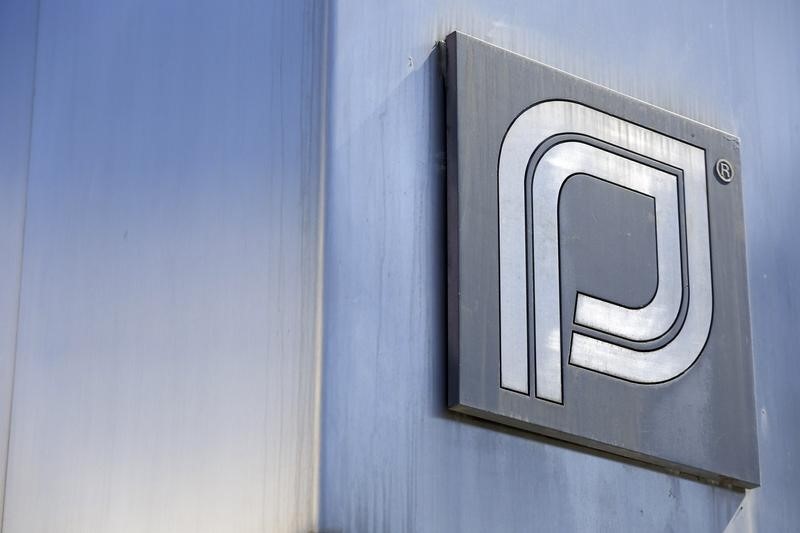By Brendan Pierson
(Reuters) - A judge in Kansas on Monday blocked a state law requiring healthcare providers to tell patients that medication abortion can be reversed and that abortion is linked to breast cancer while he considers a legal challenge to the law by abortion providers and Planned Parenthood.
Judge K. Christopher Jayaram of the District Court of Johnson County said that the law, which was passed in April, violated doctors' right to free speech and patients' right to abortion, which the state's highest court recognized in 2019.
"The State’s capacity to legislate pursuant to its own moral scruples is necessarily curbed by the Kansas Constitution and its Bill of Rights," the judge wrote. It "may pick a side and viewpoint, but in doing so, it may not trespass upon the natural inalienable rights of the people."
Jayaram's order is a preliminary injunction, not a final order, and will remain in place while he considers the lawsuit.
Alice Wang of the Center for Reproductive Rights, which represents the plaintiffs, said in a statement that the ruling removed "paternalistic barriers that have restricted access to abortion for far too long."
Caleb Dalton of Alliance Defending Freedom (ADF), which is representing the state, said in a statement, "Kansans are right to want to protect maternal health and safety and the lives of the unborn, and we will continue defending their interests."
ADF is a conservative legal group that has spearheaded other anti-abortion litigation, including a case in which it won an order from a Texas judge last year banning the abortion drug mifepristone. That order is on hold while the Biden administration appeals to the U.S. Supreme Court.
A regional Planned Parenthood affiliate and several individual providers sued Kansas in June, saying the law requires doctors to spread misinformation and to promote "experimental and potentially dangerous treatments."
Medication abortion involves taking mifepristone followed by misoprostol. The Kansas law requires doctors to state that the effect of mifepristone, before misoprostol, can be reversed with a high dose of the hormone progesterone.
The American Cancer Society states on its website that, while the topic is difficult to study, scientific evidence "does not support the notion that abortion of any kind raises the risk of breast cancer."
The only controlled trial of the so-called reversal was halted early after three of 12 patients experienced severe bleeding requiring them to go to the hospital.

Abortion is legal in Kansas up to 22 weeks. Kansas voters in August 2022 rejected a measure to remove abortion rights from the state constitution.
The vote came after the U.S. Supreme Court overturned its landmark Roe v. Wade precedent, which had established a right to abortion nationwide, allowing many Republican-led states to ban or restrict abortion.
